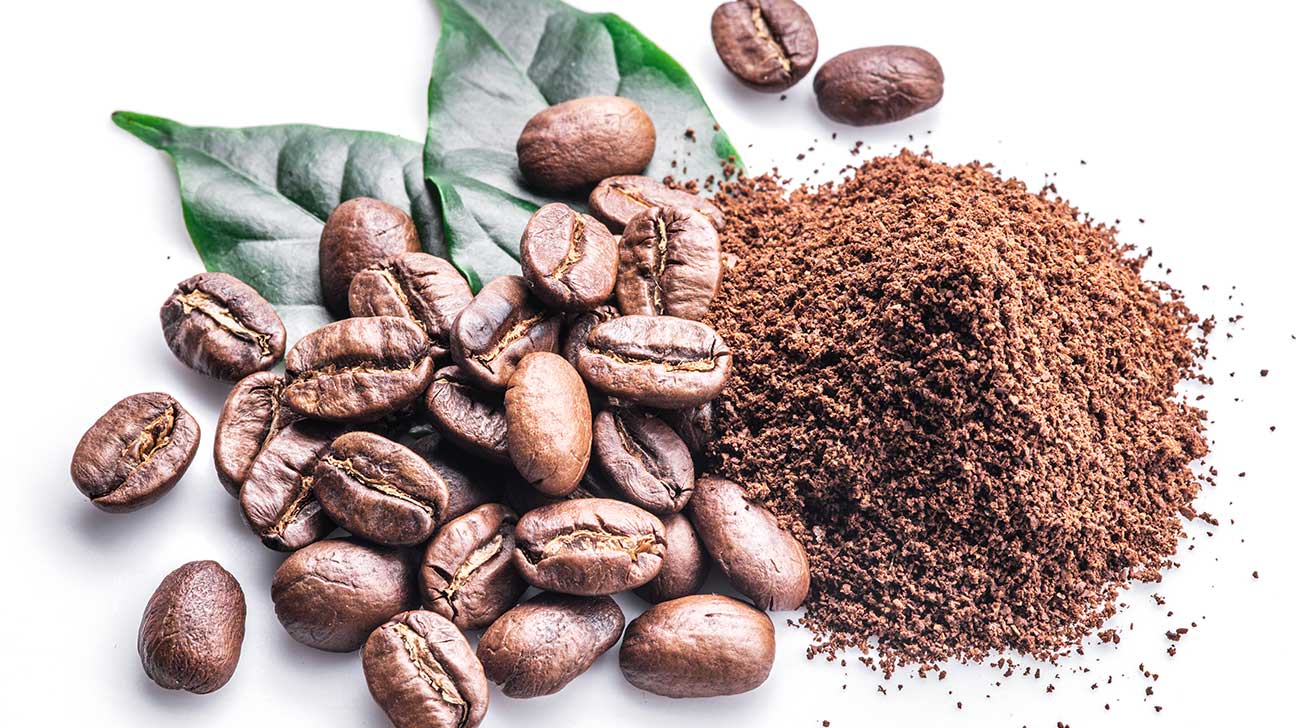
Caffeine is a stimulant primarily used to improve mental alertness.
It’s one of the most socially acceptable drugs, as it’s sold on the mass market in products such as coffee, sodas, energy drinks, teas, weight loss supplements, and more.
But if taken at doses over 80 to 100 milligrams per liter (mg/L), caffeine can be extremely dangerous and potentially lethal.
Learn more about the lethal doses of common drugs
Lethal Dose Of Caffeine
Lethal blood levels of caffeine are above 80 to 100 mg/L, though everybody reacts differently to the drug and effects can range depending on a person’s system.
One death has occurred as low as 15 mg/L.
Lethal cases are more likely in infants, psychiatric patients, and athletes.
In most cases, lethal amounts of caffeine are ingested orally via a pill or powder form. This is more concentrated, unlike the caffeine levels found in a can of soda or cup of coffee.
How Common Is Caffeine Overdose?
Caffeine overdose is rare.
According to a study from Molecular Diversity Preservation International (MDPI) there have been 92 deaths from caffeine.
Of these 92 cases, 28 deaths were accidental. Many of the accidental cases involved weight loss supplements, something that’s often perceived as safe but can be very toxic to the body.
Other lethal cases were related to matters of suicide or intentional poisioning, such as cases of child abuse.
Causes Of Death In Caffeine Overdose
Ingesting large amounts of caffeine can cause life-threatening side effects, such as:
- an accelerated heartbeat
- abdominal pain
- seizures
- trouble breathing
- reduced blood flow to the heart
Caffeine overdose can lead to conditions such as hypokalemia, hypocalcemia, hyponatremia, and hyperglycemia.
Treating A Caffeine Overdose
If you have experienced a caffeine overdose and need to go to the hospital, there’s a range of treatment methods you may undergo.
A few methods of treatment include:
- hydration, and in extreme cases an IV may be necessary
- vasopressors, which maintain blood pressure
- activated charcoal, which binds caffeine
- a variety of medications to assist with the detox
Increasing Awareness About Caffeine Intake
While caffeine overdose is relatively uncommon, the risk of caffeine intoxication will continue to increase as the substance becomes more widespread and available in a variety of other substances.
Risk factors with caffeine include small serving sizes, unclear dosing instructions, and easy access to a brain-altering stimulant.
As athletes, students, and more groups continue to seek out ways to improve performance, clinical awareness of caffeine overdoses are more important than ever.
Find Treatment For Caffeine Addiction
Any instance of drug abuse should be taken seriously. If you or a loved one are struggling with a pattern of caffeine or other drug abuse, call our helpline.
We will connect you with a program to fit your recovery needs so you can get back to a healthy, full life.
Don’t wait, call us today and learn more about your addiction treatment options.
Addiction Resource aims to provide only the most current, accurate information in regards to addiction and addiction treatment, which means we only reference the most credible sources available.
These include peer-reviewed journals, government entities and academic institutions, and leaders in addiction healthcare and advocacy. Learn more about how we safeguard our content by viewing our editorial policy.
- Molecular Diversity Preservation International (MDPI) — Caffeine-Related Deaths: Manner of Deaths and Categories at Risk
https://www.mdpi.com/2072-6643/10/5/611/htm - National Center for Biotechnology Information — Caffeine-Related Deaths: Manner of Deaths and Categories at Risk
https://www.ncbi.nlm.nih.gov/pmc/articles/PMC5986491/ - National Center for Biotechnology Information — Caffeine Toxicity
https://www.ncbi.nlm.nih.gov/books/NBK532910/


